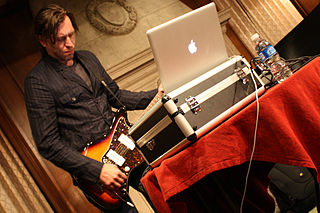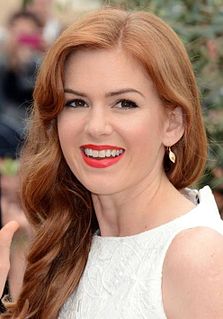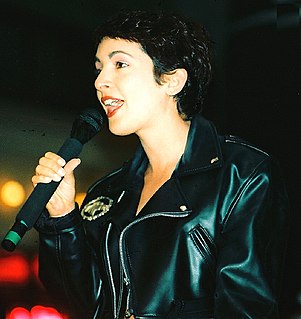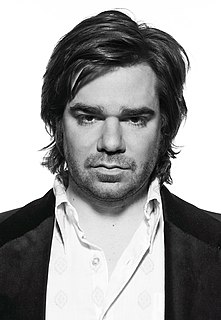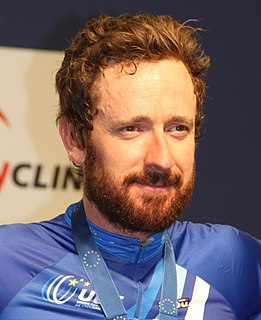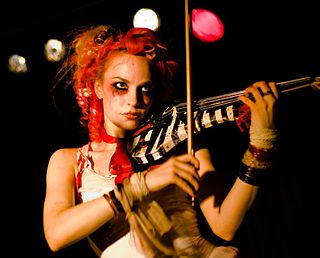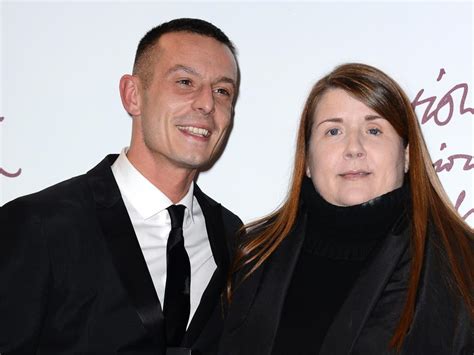A Quote by Chris Robinson
Since the early Nineties it's been very fashionable to say, 'It's all about the music.'
Related Quotes
I started playing guitar at the age of 8 or 9 years. Very early, and I was like already into pop music and was just trying to copy what I heard on the radio. And at a very early age I started experimenting with old tape recorders from my parents. I was 11 or 12 at that time and then when I was like 14 or 15 I had a punk band. I made all the classic rock musician's evolutions and then in the early nineties I bought my first sampler and that is how I got into electronic music, because I was able to produce it on my own. That was quite a relief.
I've always been a lover of classical music ever since I was an early teenager I suppose. I remember the very first piece of classical music that grabbed me was I bought an LP of Daniel Barenboim performing Mozart's piano concertos and I would have been about 14 or 15 at the time and I remember I played it over and over again.
I have been interested in the 12th century since my 20s when it was very fashionable to say of anybody with whom you disagreed, which was basically anybody over the age of 30, "One of the great minds of the 12th century", and one day I thought, "I don't know anything about the 12 century." So I started buying books, reading about it, and I discovered it was a period of great flowering, it was a Renaissance before what we think is the Renaissance, the Italian Renaissance of the 16th century.
I made the big turnaround in the early Nineties when I started hearing all the tenth generation punk bands like Green Day and Offspring and all those people. It just made me fall in love with punk again and remember my roots, and since that time I've always wanted to do more of that kind of music again.
I've been using Steinberg's Cubase exclusively to record and mix my music since the very beginning of my career. It's no exaggeration to say that Cubase has been my partner in bringing my music and message to the world, and, now, they are helping to bring my story to the world as well, as I record the audiobook of my novel.
I went public with the alcoholism, very early on... the early '70s. Mercedes McCambridge, the actress, I think was the first recognizable person that went before Congress and talked about it, and I thought that was a good idea, to take some of the stigma away from it and say "Normal, average people can fall prey to it." So it's been public for me. I did a movie about an alcoholic. And today, you're nobody unless you've been to rehab. It seems like everybody has some kind of an addiction.
I think the problem is that fashion has become too fashionable. For years, fashion wasn't fashionable. Today fashion is so fashionable that it's almost embarrassing to say you're part of fashion. All the parodies of it. All the dreadful magazines. That has destroyed it as well, because everybody thinks fashion is attainable.



